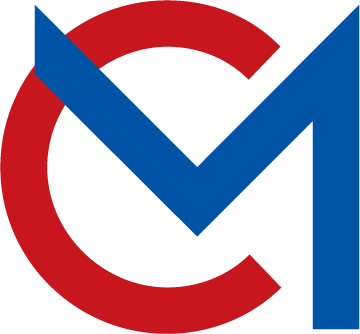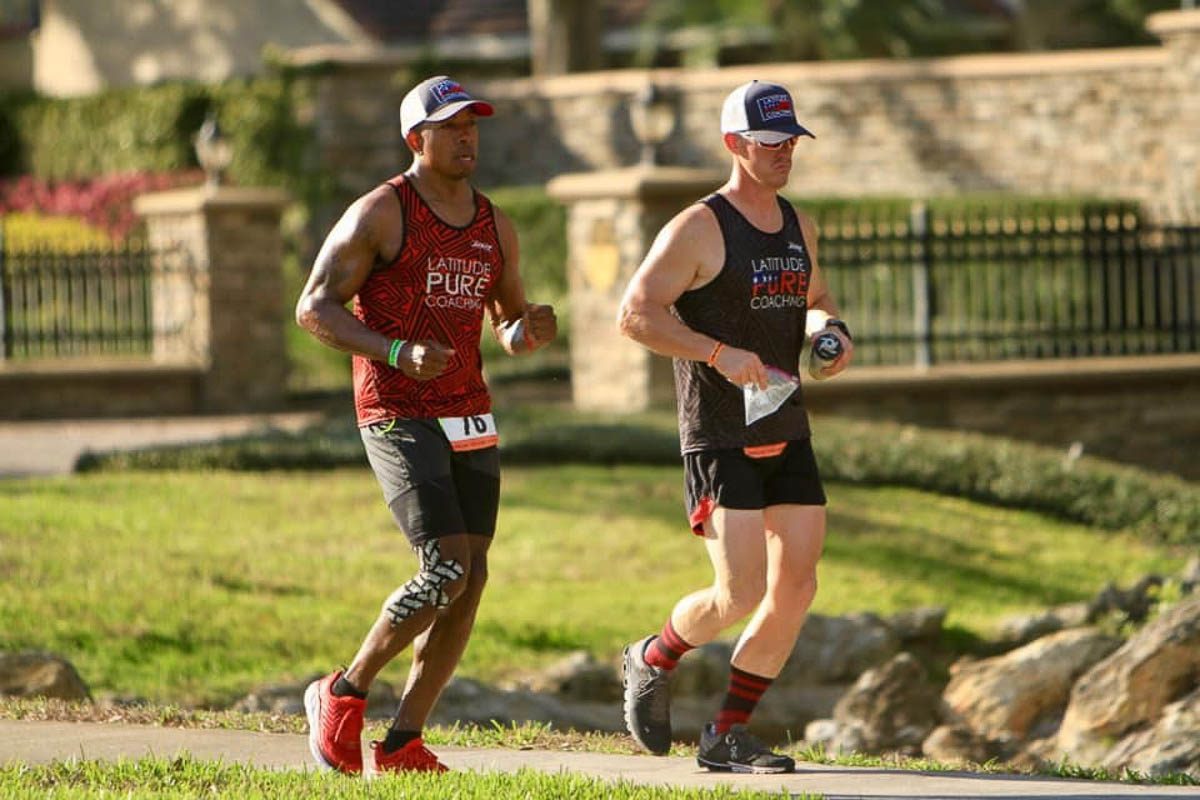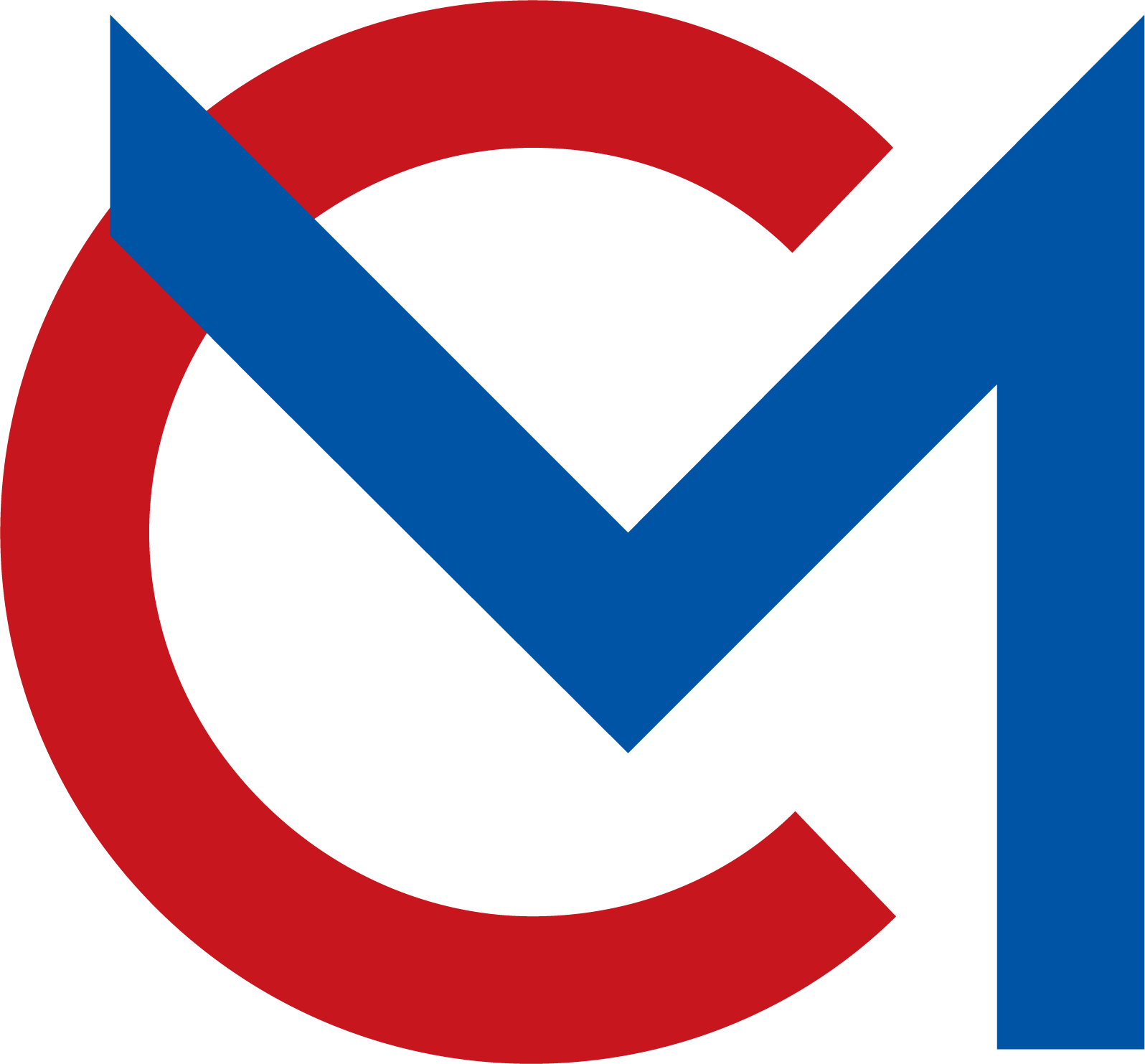Get the triathlon training you need to succeed
Most of us know what it feels like to be in a relationship—romantic or otherwise—that just isn’t working. You may go out of your way and work really hard to try to make things better, but in the end, things fall apart because the relationship just wasn’t a good fit.
A relationship between a coach and an athlete fits the same model as other relationships in your life. As a triathlete, it’s important to find a coach that works well with you because otherwise, you end up in a situation that’s not benefitting you as an athlete at all. It’s almost like you are trying to force a square peg into a round hole. It just isn’t the right fit for you.
This is why I always encourage athletes to take their time when they look for triathlon training. Just like when you are shopping for a car—you don’t walk onto the lot and buy the first car you see, do you? Of course not. You do your research and refine your search before you ever set foot in that dealership.
I know the process of looking for a triathlon or IRONMAN coach can be overwhelming. Maybe you don’t know where to start or even what you’re looking for in a coach. I want to make this process a little easier for you, so I’ve pulled together a list of the three most important steps to take when starting your search.
1. Identify your top three relationship values (not necessarily related to
triathlon training)
Before you can determine what you’re looking for in a coach, you need to identify what you value in any relationship. Think about your must-haves for any person you connect with and narrow it down to your top three. For me, those values are communication, honesty, and loyalty.
Once you have those three values written down, take a moment to think about why each one is important and how a coach might embody those values in your athlete-coach relationship. Do NOT skip this step! As an athlete, you need to find someone who understands you.
It’s easy to find someone who can give you an IRONMAN training plan or a structured workout to meet an athletic goal. It’s more difficult to find someone who truly gets you, where you form that connection and feel like you’re cut from the same cloth. That’s the connection you want to find.
When you’ve got that connection, it will be easier for you as an athlete to be vulnerable. When I say vulnerable, I don’t just mean mentally and emotionally, but also physically. When you’re training for a triathlon, there are a lot of things going on both internally and externally, and the more information your coach knows about you, the better they can help you. However, if you don’t have full trust in your coach, you won’t be able to fully open up to them.
2. Define your athletic goals for triathlon training
The next step in your search for a triathlon coach is to identify your athletic goals. Are you looking to be a better runner, a better swimmer, or maybe you struggle with recovery? There are so many aspects of training for a triathlon, and you need to hone in on the ones that you need to focus on in your training.
When you know what you really need to help reach your athletic goals, you can sift through all of the triathlon coaches out there and find people who will meet your specific needs. Whether you need more help with mindset or you need a cycling coach, you can look at each coach’s strengths or niche and find someone that specializes in that one area that can be a bigger benefit to you as an athlete.
3. Interview at least three triathlon coaches
Once you know what you want on a human level and what your athletic goals are, you can select a few coaches who meet those criteria. Identify at least three to interview and spend at least a week interviewing them or doing a short-term trial training period.
Don’t just choose the first coach that you find. Even someone who looks good “on paper” may not be the right fit for you for a variety of reasons. Maybe their coaching style just doesn’t work well for you, or something about their personality just rubs you the wrong way.
The athlete-coach relationship requires a lot of trust, and if you aren’t able to fully trust and open up to your coach, you are going to run into stumbling blocks in your training.
Bonus tip: Get feedback from the coach before making your final selection
After you get a feel for each coach and maybe have even singled out one who you think will be a good fit, have a final chat with them before making a decision. Use this opportunity to get feedback about how they felt about your interactions and about working with you.
The athlete-coach relationship is not just a one-way street where you agree to work with them, but it’s a partnership where you each agree to work together. A strong relationship between the athlete and the coach creates a higher rate of success reaching your goals as well as a better race experience and overall athletic journey.
All of this comes together to help keep the triathlon community together so everyone can have a positive experience.
Finding the right triathlon coach for you can be overwhelming. If you have questions about how to best navigate this process, email me at info@morgonlatimore.com or pre-order my new book, Magnificent Athlete Journey: Build an athlete-coach relationship that fosters trust, confidence, and limitless results.
Morgon Latimore has been a personal trainer/endurance sports coach for more than 20 years, helping athletes meet their goals for triathlons, adventure races, Ultraman, ultramarathons, and even 5ks and 10ks. His commitment to creating a strong athlete-coach relationship and strengthening those he works with both physically and mentally has earned him the moniker “The Peoples Coach.”
Morgon has been certified as a personal trainer, nutritionist, spinning instructor, IRONMAN certified coach, USMS Level 3 Coach, and Adult Learn to Swim Lead Instructor. He has also spent time training and developing U.S. Marines, Navy Sailors, Air Force Airmen, and Army Soldiers.


